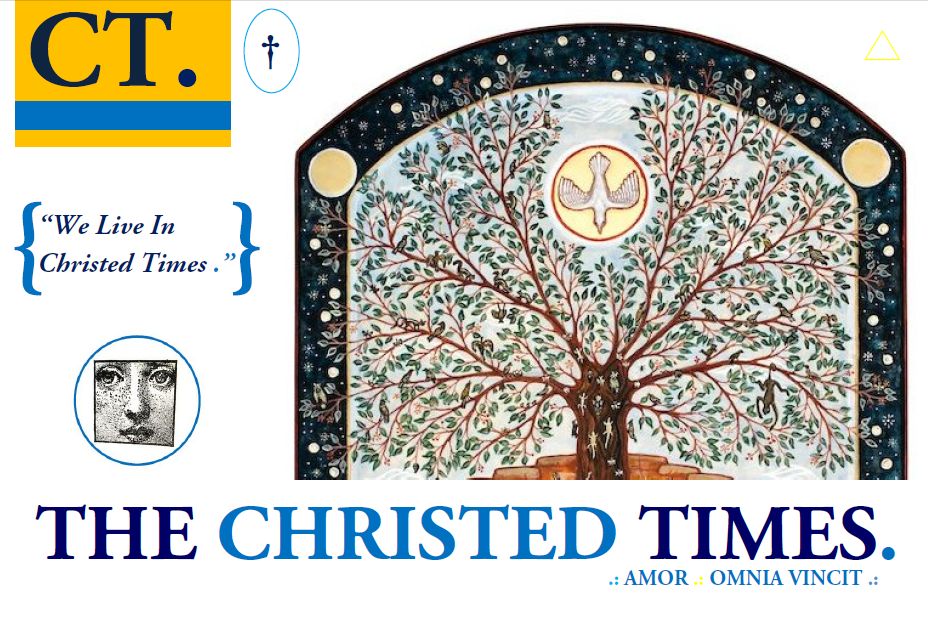
The sister-in-law of a friend of Dr. Johnson was imprudent enough once to claim in his presence that she was happy . He pounced on her hard, remarking in a loud, emphatic voice that if she was indeed indeed the contented being she professed herself to be, then her life gave the lie to every research of humanity ; for she was happy without health, without beauty, without money and without understanding . It was a rough treatment, for which Johnson has been much criticized, though it should be remembered that he spoke as an eighteenth-century man, before our present preoccupation with happiness as an enduring condition of life became prevalent. Actually, I think I see hi point .
There is something quite ridiculous, and even indecent, in an individual claiming to be happy. Still more, a people or a nation making such a claim. The pursuit of happiness, included along with life and liberty in the American Declaration of Independence as an inalienable right, is without any question the most fatuous which could possibly be undertaken. This lamentable phrase – the pursuit of happiness – is responsible for a good part of the ills and miseries of the modern world. To pursue happiness individually or collectively, as a conscious aim is the surest way to miss it altogether ; as is only too tragically evident in countries like Sweden and America where happiness has been most ardently pursued, and where the material circumstances usually considered conducive to happiness have been most effectively constructed .

The Gadarene swine were doubtless in pursuit of happiness when they hurled themselves to destruction over the cliff . Today, the greater part of mankind, led by the technologically most advanced, are similarly bent, and if they persist, will assuredly meet a similar fate . The pursuit of happiness, in any case, soon resolves itself into the pursuit of pleasure, something quite different – a mirage of happiness, a false vision of shade and refreshment seen across parched sand .
Where, then, does happiness lie ? In forgetfulness, not indulgence, of the self . In escape from sensual appetites, not in their satisfaction . We live in a dark, self-enclosed prison which is all we see or know if our glance is fixed ever downwards .
To lift it upwards, becoming aware of the wide, luminous universe outside – this alone is happiness. At its highest level such happiness is the ecstasy which mystics have inadequately described . At more humdrum levels it is human love ; the delights and beauties of our dear earth , its colours and shapes and sounds ; the enchantment of understanding and laughing, and al other exercise of such faculties as we possess ; the marvel of the meaning of everything, fitfully glimpsed, inadequately expounded, but ever-present .
Such is happiness – not compressible into a pill ; not translatable into a sensation ; lost to whoever would grasp it to himself alone, not to be gorged out of a trough, or torn out of self alone, not to be gorged out of a trough, or torn out of another’s body, or paid into a bank, or driven along a motorway, or fired in gun-salutes, or discovered in the stratosphere.

Existing, intangible, in every true response to life, and absent in every false one. Propounded through the centuries in every noteworthy word and thought and deed . Expressed in art and literature and music ; in vast cathedrals and tiny melodies ; in everything that is harmonious, and in the unending heroism of imperfect men reaching after perfection .
5th. October, 1965 / Brother Malcolm Muggeridge, “ Jesus Rediscovered ”









































